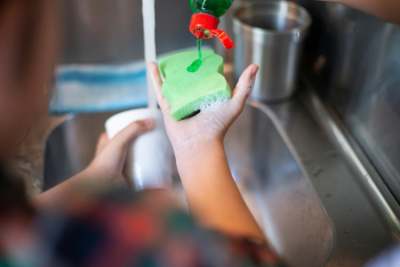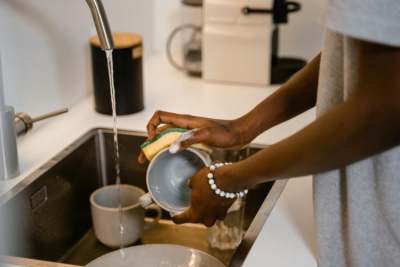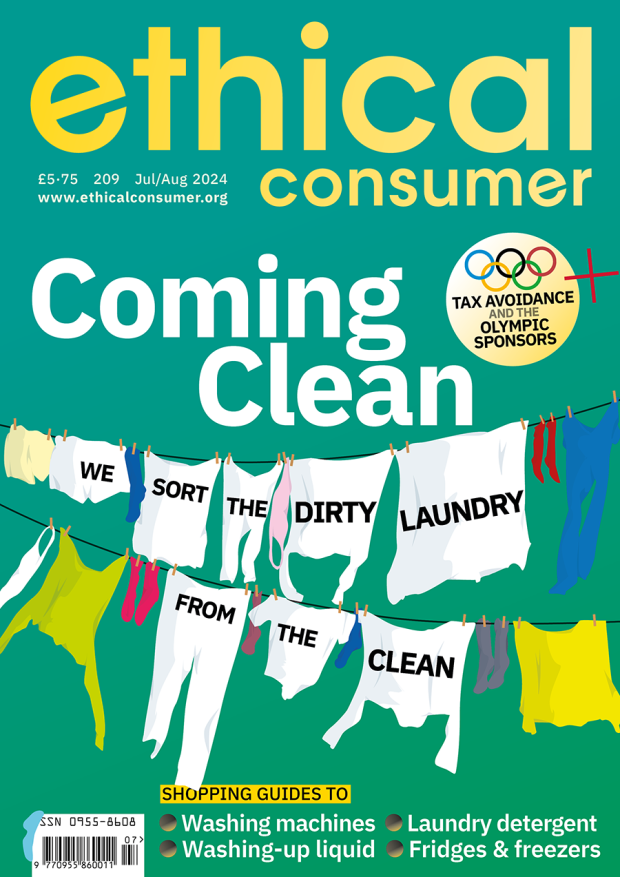For most of us, the words ‘washing-up liquid’ bring to mind a small plastic bottle filled with green liquid. This way of buying washing-up liquid generates mountains of plastic waste that has polluted the environment for decades; there have been several reports of 60-year-old washing-up liquid bottles washing up on British beaches.
But it doesn’t have to be like this.
Most of the brands in this guide are doing things differently and providing bulk-buying options, refills, and concentrated products. And many take back their packaging for reuse or recycling.
This guide to eco friendly washing-up detergent covers several high scoring brands, small independent companies, high street big names like Fairy and Persil, and other brands like Ecover and Method.
We rate these brands on their packaging, climate action, policies on animal ingredients and animal testing, workers' rights, tax conduct and more.
With nearly half the brands in the guide recommended as best buys, there's plenty of options to choose from to make washing the dishes more eco friendly and sustainable.





